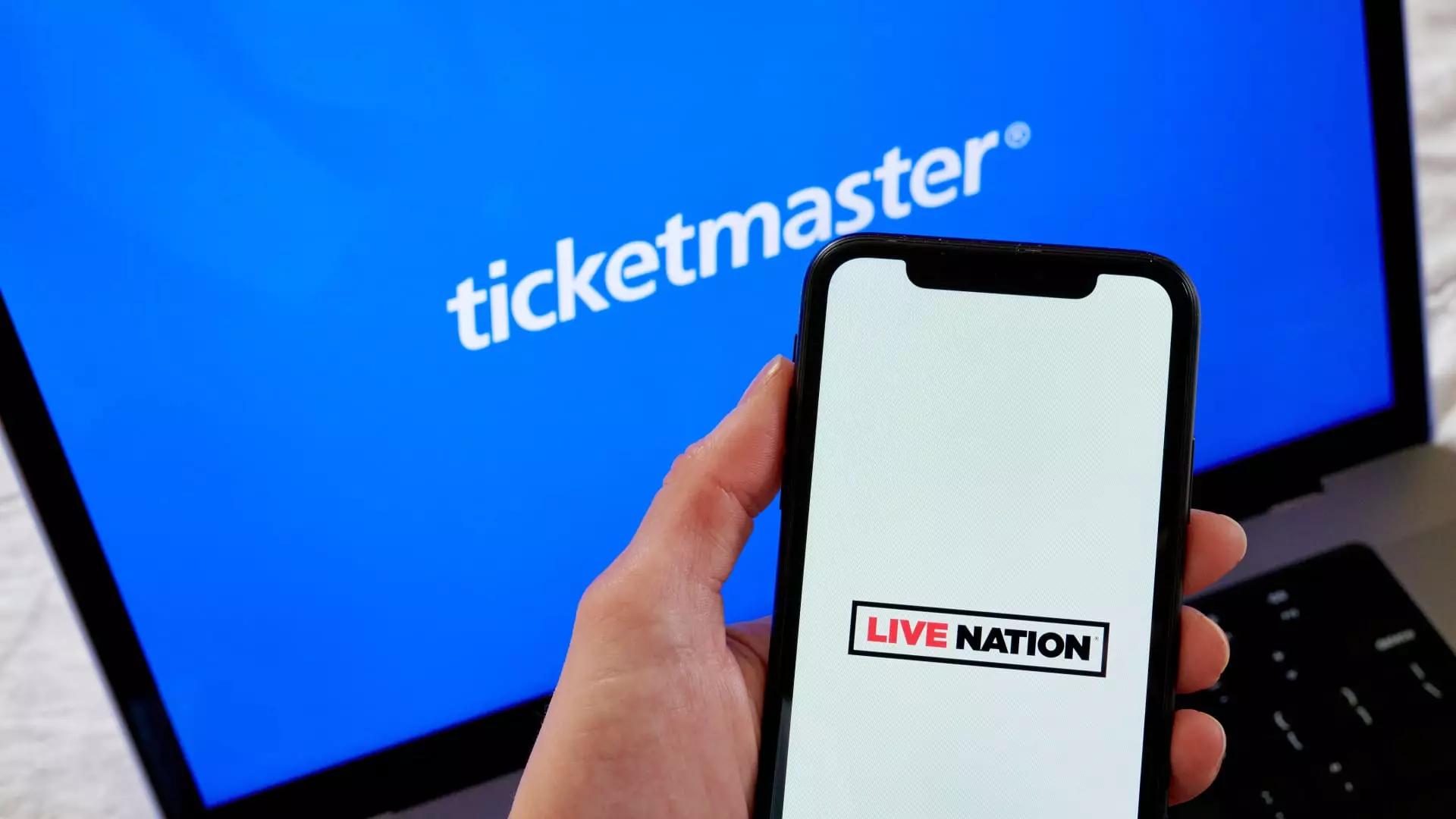The U.S. Department of Justice has taken legal action against Live Nation, the parent company of Ticketmaster, for alleged antitrust violations. The lawsuit, which involves 30 states and was filed recently, is a result of an extensive investigation launched in 2022 to determine whether Live Nation is monopolizing the ticketing industry.
The allegations made by the Justice Department claim that Live Nation engages in anticompetitive practices to maintain its dominant control over the live events sector in the U.S. According to Attorney General Merrick Garland, this monopolistic behavior comes at the expense of fans, artists, smaller promoters, and venue operators.
In response to the lawsuit, Live Nation has vehemently denied the accusations of monopoly, labeling them as “absurd”. The company argues that the DOJ’s complaint unfairly places blame on Live Nation and Ticketmaster for issues within the live entertainment industry, particularly in relation to high ticket prices.
Live Nation executive vice president, Dan Wall, pointed out that there are various factors that contribute to ticket pricing, such as production costs, artist popularity, and ticket scalping. The company maintained that primary ticket prices are not solely determined by Live Nation or Ticketmaster, challenging the narrative presented by the Department of Justice.
The formation of Live Nation-Ticketmaster through a merger in 2010 resulted in the creation of a powerhouse within the live event industry. With global operations in ticket sales and management, as well as ownership of numerous entertainment venues in North America, Live Nation holds significant influence in the market.
The lawsuit highlights that Live Nation controls a substantial portion (around 80% or more) of major concert venues’ primary ticketing through Ticketmaster. This level of control allows the company to dictate terms to artists, promoters, and venues, creating a self-reinforcing business model that stifles competition.
The Justice Department’s lawsuit accuses Live Nation of engaging in various unfair practices to maintain its dominance. These include using fees and revenue from concerts and sponsorships to secure exclusive deals with artists for promotion and venue access, subsequently locking in new concert venues through exclusionary contracts.
Additionally, Live Nation is accused of taking measures to eliminate potential competitors, such as threatening financial repercussions and acquiring smaller rivals. The company’s relationship with venue partner Oak View Group is also called into question, with accusations of anti-competitive behavior in concert promotions.
The legal action against Live Nation was fueled by fan complaints following ticketing issues related to Taylor Swift’s Eras tour. The surge in demand for tickets, exacerbated by bot activity, led to disruptions on the ticketing site and inflated prices. This incident, along with a Senate probe, shed light on the challenges faced by music fans in accessing affordable tickets.
Despite Live Nation’s claims that its service charges are not disproportionately high, the DOJ emphasizes that U.S. music fans pay more for tickets than their counterparts in other countries. The lawsuit aims to address these disparities and promote innovation in the ticketing industry while holding Live Nation accountable for its practices.
As the legal battle between the U.S. Department of Justice and Live Nation unfolds, the outcome remains uncertain. The allegations of antitrust violations have brought attention to the dynamics of the live events industry and the impact of market dominance on ticket prices and consumer choice. The lawsuit underscores the need for transparency, fair competition, and regulatory oversight to ensure a level playing field for all stakeholders involved in live entertainment.

